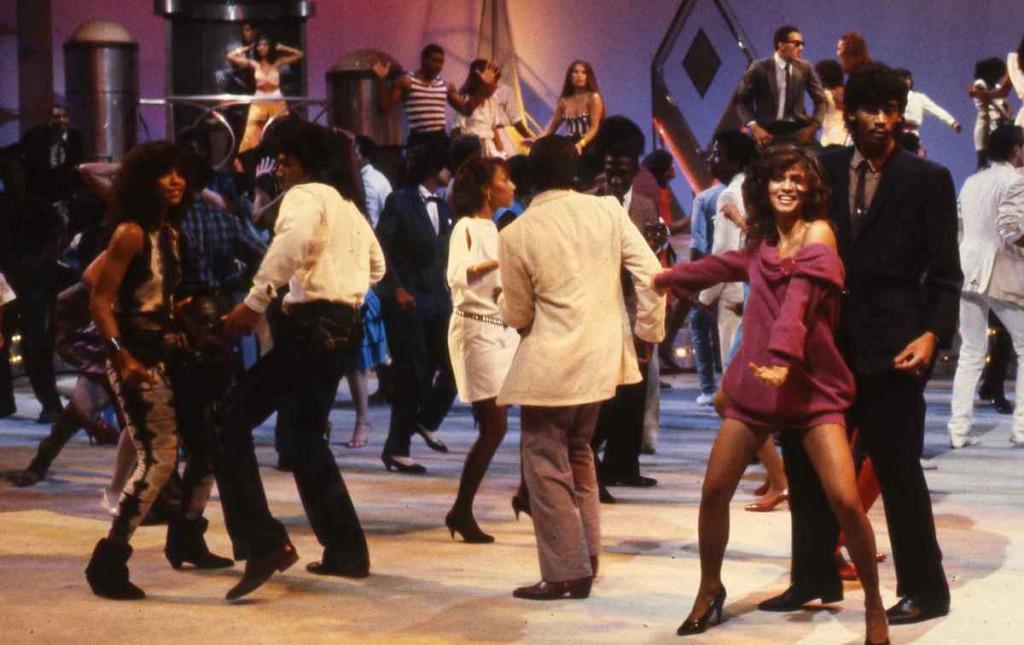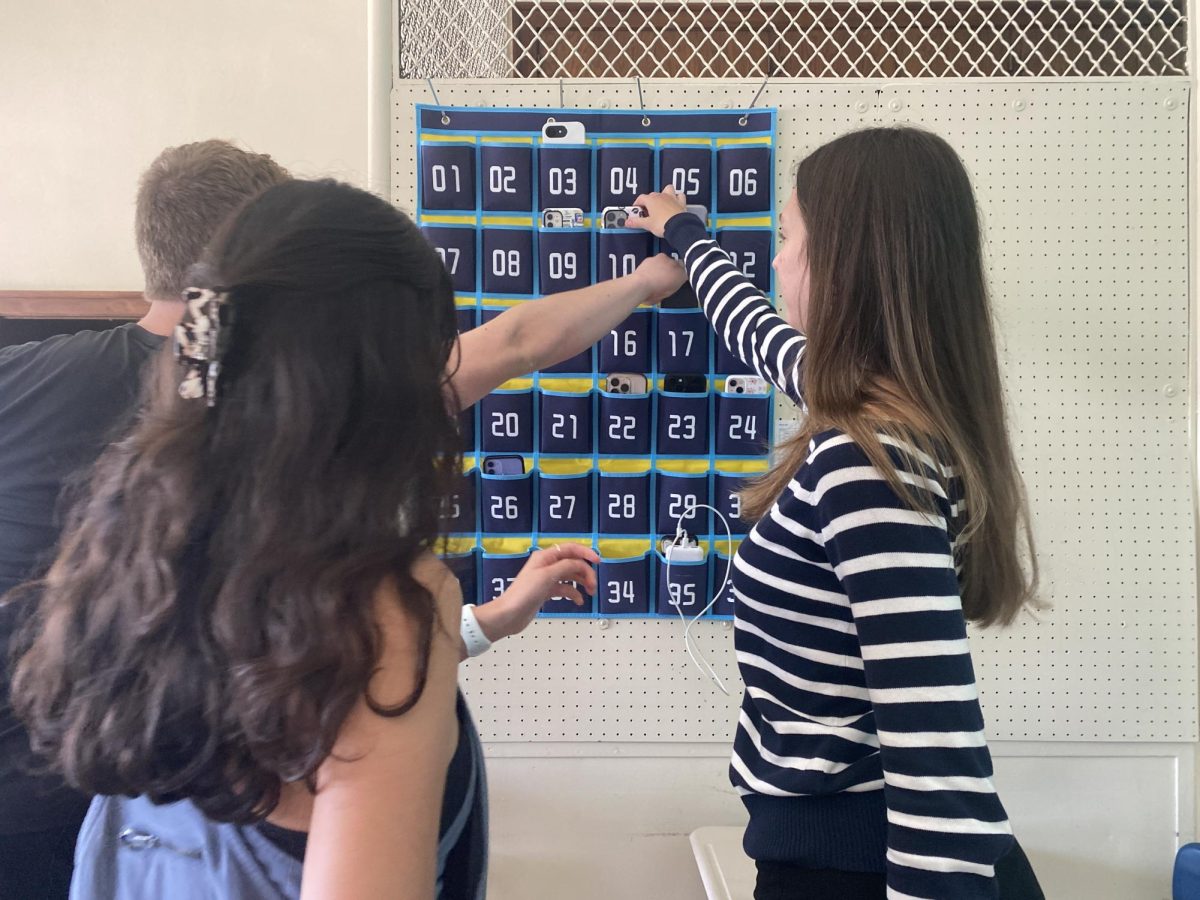By Cherrell Anderson
Don Cornelius, the laid back, smooth, deep voiced creator and original host of one of the longest-running U.S. syndicated television shows, Soul Train, died on Feb. 1 in his Los Angeles home from an apparent suicide. He was 75 years old. The show, which originated in Chicago, brought black pop culture through music, dance, and fashion onto Americans’ television sets from 1971 to 2006.
Cornelius was born Donald Cortez Cornelius in Chicago, Illinois on Sept. 27, 1936. He graduated from DuSable High School in 1954 and served in the Marine Corps in Korea. Before he made a place for people to boogie on down the “soul train line,” Cornelius had several careers including an insurance salesman and a Chicago police officer. His TV hosting career began when he went to broadcasting school in 1966, looking for a break in the field. Cornelius’s unique baritone voice landed him a job in the news department and as a substitute disk jockey on WVON radio station in Chicago.
Transitioning from radio to television, Cornelius became a sports anchor and the host of A Black’s View of the News on WCIU in 1968. He had an idea for a music television program and brought it to the attention of the station owners. With just $400 of his own money, Cornelius created a pilot episode for Soul Train, which was named after a promotional event he composed in 1969. At the time, there were no television programs that catered to Black audiences.
“I had a burning desire to see Black people presented on television in a positive light,” Cornelius said in VH1’s documentary, Soul Train: The Hippest Trip in America.
“[Soul Train] gave an opportunity for Black artists who would never [be invited to] American Bandstand,” said Ms. Chappell.
Soul Train premiered on Aug. 17, 1970, featuring teenagers dancing to the latest soul and R&B music and a performance by a musical guest. It was inspired by the American music-performance show, American Bandstand. The show’s producer and longest host, Dick Clark was influential to Cornelius.
“Almost all of what I learned about mounting and hosting a dance show I learned from Dick Clark,” Cornelius told Advertising Age.
Soul Train was also one of the very limited sources in seeing artists perform.
“When we were growing up, you didn’t see artists perform unless you went to concerts. There were only two venues: Soul Train and American Bandstand,” said Chappell.
“Now, there’s MTV, BET, VH1, all these media outlets that we didn’t have back then,” Ms. Malinowski added.
With a train dancing across the screen during the opening theme song, railroad tracks painted on the dance floor, lights and brightly painted walls, Soul Train aired on Saturday mornings and quickly became popular, attracting many children and teenagers.
“My dad was such a big Disco guy; he had the ‘fro and everything back in the day,” said Monica Velazquez, Div. 267. “From watching [Soul Train], he got his rhythm and a love for music.”
“My family grew up watching Soul Train so the trends were followed, the dance moves, the music, etc.,” said Rochelle Smith, Div. 360.
Businessman, George Johnson of the Johnson Products company, helped Cornelius make the show a national television program. It was syndicated in 1971. The show then moved to Los Angeles.
Over the years, Cornelius presented many famous performers such as The Jackson 5, Aretha Franklin, Run-D.M.C, and Stevie Wonder. Each guest would usually perform twice, and after the first song, there would be a brief interview.
Teachers recalled memorable moments they watched on Soul Train when they were younger.
“Anything with the Jacksons [was memorable]. It was like the world stopped when Michael Jackson performed,” said Chappell. “He was on there as a little boy and performed so many times, I was watching him grow up on Soul Train.”
“I mostly remember Barry White,” said Ms. Malinowski. Barry White had a memorable performance on Soul Train when he brought a 40-piece string-laden orchestra on stage.
Besides the famous performers, the “Soul Train dancers” were just as popular with the viewers, some of whom danced regularly on the show.
The dancers performed the latest moves such as “pop-locking,” and “the robot” as well as their own creative routines. They were stylish and some even wore elaborate costumes and used props. One of the most notable dancers was Cheryl Song, an Asian woman with extremely long hair who appeared in funk musician Rick James’ Superfreak video and Michael Jackson’s Beat It video. NFL legend, Walter Payton has also appeared as a dancer on the show. A dance duo, Jody Watley and Jeffrey Daniel went on to be a part of an R&B trio, Shalamar, which had success in the late 1970s and 1980s.
The show had two distinct elements. One was “The Soul Train Scramble Board,” where two dancers had one minute to unscramble a set of letters which formed either that episode’s performer or a notable person in African American history. The second was the famous “Soul Train Line,” in which all the dancers formed two lines with a space in the middle for the dancers to strut down and groove in consecutive order.
“I can’t tell you how many times I’ve been to a party that has had a Soul Train line. We did the Soul Train line everywhere; we did it on the sidewalk!” said Malinowski.
Soul Train was also known for its catch phrases, referring to itself as the “hippest trip in America” at the beginning of the show and closing with “…and as always in parting, we wish you love, peace…and SOUL!”
Cornelius can be described as a post civil rights integrationist because although Soul Train catered to Black audiences, White dancers regularly appeared and those of other races like Song. Elton John, David Bowie, Christina Aguilera, and the Backstreet Boys, as well as other non-Black artists, a c performed on the show, expanding their reach to Black audiences.
“Probably the reason why I’m still an Elton John fan is because he had the guts to be on [Soul Train],” said Chappell.
In 1987, Soul Train started the Soul Train Music Awards, an annual award show recognizing the best in Black music and entertainment.
In 1993 at the end of its 22nd season, Cornelius resigned as the host of Soul Train, but remained the creative force behind the show.
“I took myself off because I just felt that 22 years was enough and that the audience was changing and I wasn’t,” Cornelius said, according to the New York Times.
In recent years, Cornelius went through a bitter divorce from his second wife, Viktoria Champan-Cornelius. During the time of the divorce, he was suffering from several health issues, including a stroke and disclosed ailments that required brain surgery in 1980s. Cornelius was quoted in newspapers at the time saying he did not quite feel the same.
Cornelius also had legal troubles. In 2008, he was arrested at his home and charged with spousal battery, assault with a deadly weapon, and dissuading a witness from making a police report. A year later, he was sentenced to three years’ probation after pleading no contest. Cornelius wanted to quickly get the case settled due to his failing health.
“I am 72 years old. I have significant health issues. I want to finalize this divorce before I die,” said Cornelius in legal documents obtained from the divorce.
On Feb. 1 at approximately 4 AM, Cornelius was found dead by police officials in his home in the Sherman Oaks district of Los Angeles. He had a gunshot wound to head, that officials later said it was self-inflicted. He was taken to Cedars-Sinai Hospital where he was pronounced dead.
“It’s a sad event to mark the beginning of Black History Month,” said Chappell.
“I was pretty shocked [about Cornelius’ death], and reading the story behind his death made me sad, but he will be remembered for everything he brought to Chicago and the music community,” said Velazquez.
Chicagoans honored the legacy Cornelius left on the day of his death. A Facebook page invited Chicagoans to create a Soul Train line in Wicker Park and received more than 300 RSVP responses as of 9 PM. Forty-five minutes later, about 150 people showed up on Milwaukee Ave., according to a Tribune photographer. Many were dressed up in costumes and afro wigs.
“The legacy of Soul Train lives on in our music, in our dancing, in the soul…,” said Smith.
Cornelius is survived by his two sons, Anthony and Raymond. He will forever be remembered for creating an era not only in Black culture, but American pop culture as well.
As Cornelius departed, he would have probably left by saying his famous line he used to close his iconic show: “…and you can bet your last money, it’s all gonna be a stone gas, honey. I’m Don Cornelius, and as always in parting, we wish you love, peace, and soul!”






